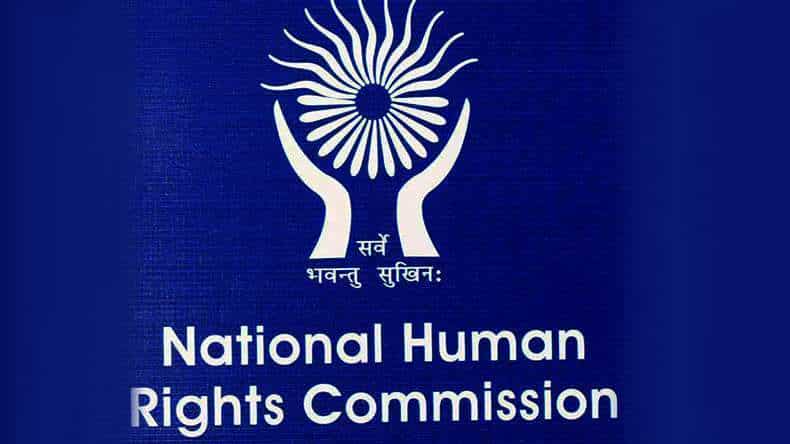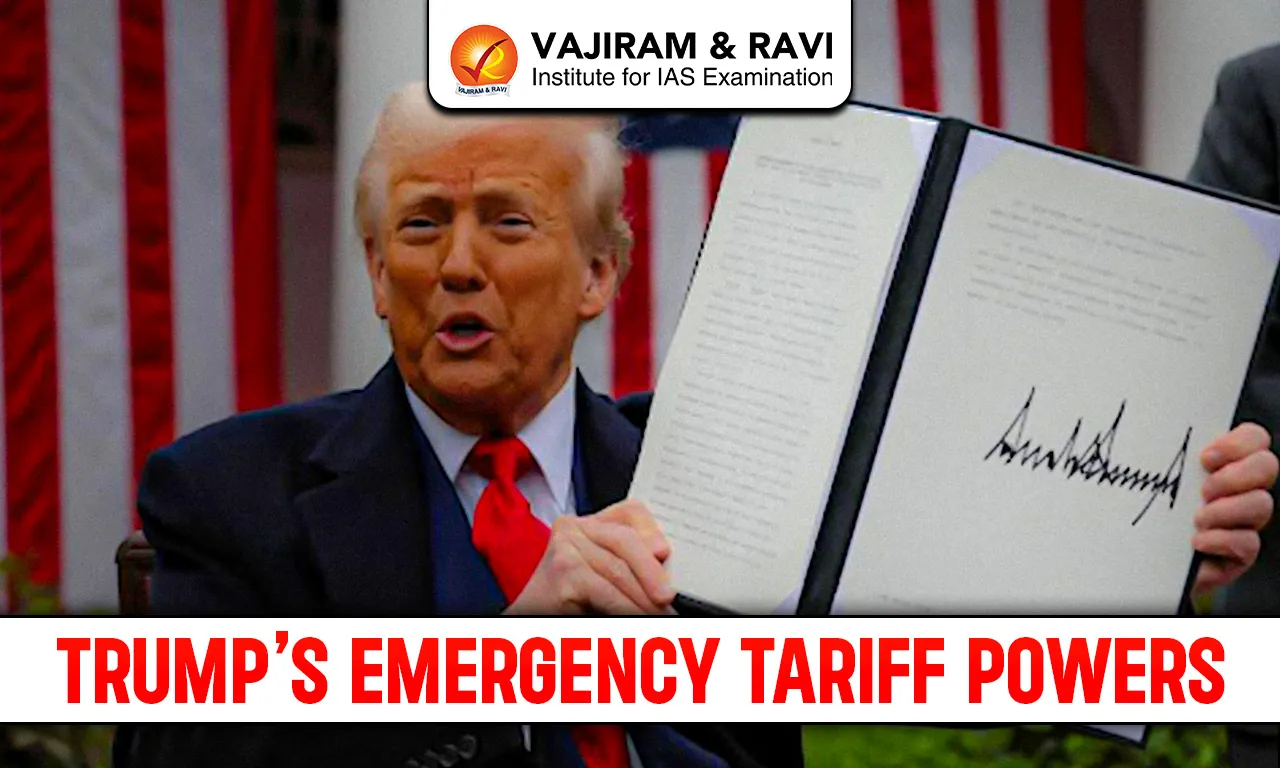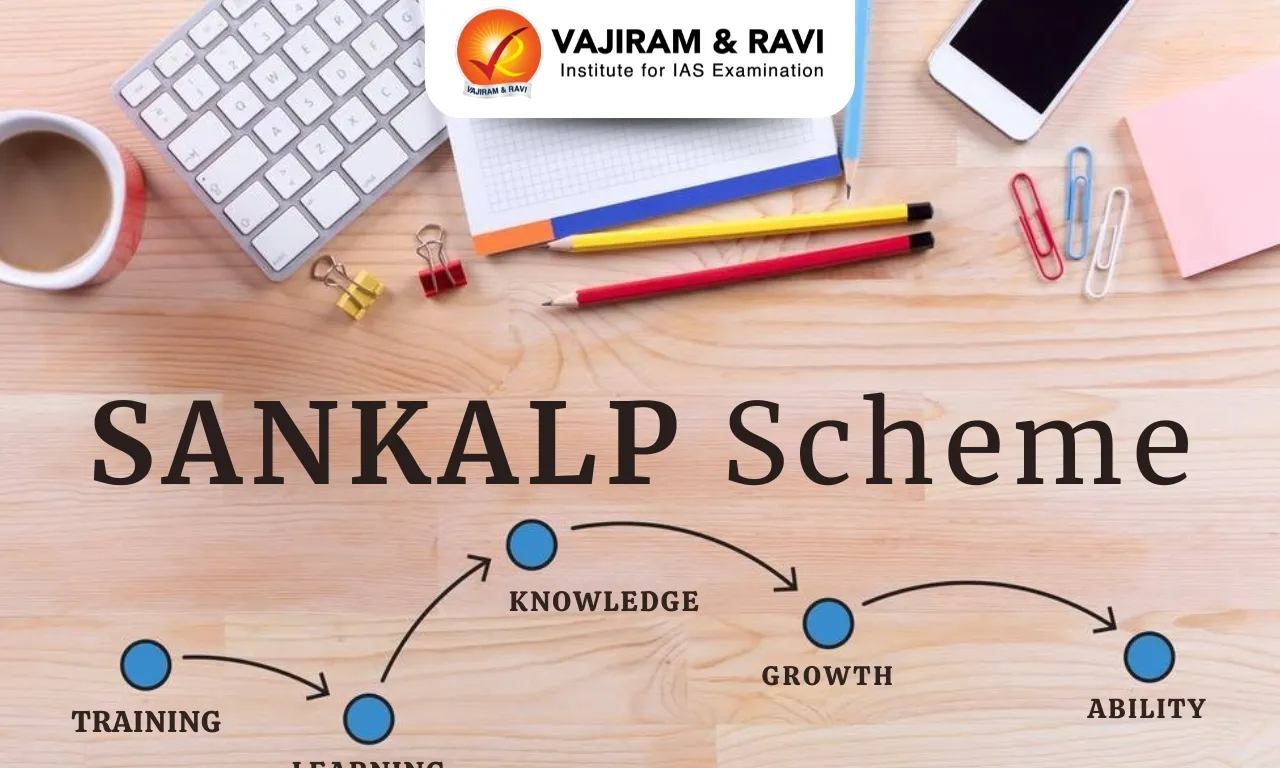What’s in today’s article?
- Why in News?
- About NHRC (Objectives, Composition, Functions, Powers, etc.)
- News Summary (President’s address)
Why in News?
- President Droupadi Murmu said recently that society must now consider the environmental dimension of justice.
- She also made a fervent appeal that humans must learn to treat nature and biodiversity with dignity and respect.
- She was addressing an event hosted by the National Human Rights Commission (NHRC) to mark Human Rights Day.
What is National Human Rights Commission (NHRC)?
- The National Human Rights Commission is a statutory body established under the Protection of Human Rights Act, 1993.
- The Commission is the watchdog of human rights in the country.
- Human Rights amount to the rights relating to life, liberty, equality and dignity of the individual guaranteed by the Constitution or embodied in the international covenants and enforceable by courts in India.
- Objectives of NHRC:
- To strengthen the institutional arrangements through which human rights issues could be addressed in their entirety in a more focused manner;
- To look into allegations of excesses, independently of the government, in a manner that would underline the government’s commitment to protect human rights.
What is the composition of NHRC?
- The Commission is a multi-member body consisting of a chairperson and five members.
- The chairperson should be a retired chief justice of India or a judge of the Supreme Court.
- Members should be a serving or retired judge of the Supreme Court, a serving or retired chief justice of a high court and three persons (out of which at least one should be a woman) having knowledge or practical experience with respect to human rights.
- The chairperson and members are appointed by the President on the recommendations of a six-member committee consisting of –
- Prime Minister as its head
- Speaker of the Lok Sabha
- Deputy Chairman of the Rajya Sabha
- Leaders of the Opposition in both the Houses of Parliament
- Central Home Minister
- The chairperson and members are appointed for the term of 3 years or till the age of 70 years, whichever is earlier.
- The chairperson and members are eligible for reappointment.
What are the functions of the NHRC?
- Inquire, on its own initiative or on a petition presented to it by a victim or any person on his behalf, into complaint of-
- Violation of human rights or abetment or
- Negligence in the prevention of such violation, by a public servant;
- Intervene in any proceeding involving any allegation of violation of human rights pending before a court with the approval of such court;
- Visit any jail or any other institution under the control of the State Government, where persons are detained or lodged for purposes of treatment, reformation or protection to study the living condition of the inmates and make recommendations thereon;
- Spread human rights literacy among various sections of society;
- Study treaties and other international instruments on human rights and make recommendations for their effective implementation;
What are the powers of NHRC?
- While inquiring into complaints under the Act, the Commission shall have all the powers of a civil court trying a suit under the Code of Civil Procedure, 1908.
- It can summon and enforce the attendance of witnesses and examine them on oath.
- It can also grant compensation to the victims of police brutality.
What are the major accomplishments of the NHRC?
- Since its formation, the Commission has taken up some important projects.
- It has taken up the cause of prison inmates, patients at mental health asylums, bonded labourers, people with disabilities, women and children and the economically and socially marginalized sections of the country.
- The Commission has kept a consistent watch on incidences of ‘encounter killings and deaths in custody’.
- In May 2010, the Commission had issued guidelines wherein every death in police action has to be reported to the NHRC within 48 hours of the incident.
- The NHRC has also been vocal in its opinion against laws such as the Terrorist and Disruptive Activities (Prevention) Act (TADA) and Prevention of Terrorism Act, 2002 (POTA) – which had scope for misuse and possible human rights violations.
- The Commission also visits different states to organize open hearings to take cognizance of the problems of people there.
News Summary:
- Batting for conservation of the environment, President Droupadi Murmu has appealed to the public to treat nature and biodiversity with dignity and respect.
- Addressing the Human Rights Day function of the National Human rights Commission, she said people should strive to expand the notion of justice.
- Human Rights Day is observed to commemorate the Universal Declaration of Human Rights (UDHR).
- It was approved and proclaimed by the United Nations General Assembly on December 10 1948.
- The theme for this year’s Human Rights Day is ‘Dignity, Freedom, and Justice for All’.
Q1) Why do we celebrate Human Right Day?
Human Rights Day is observed by the international community every year on 10 December. It commemorates the day in 1948 the United Nations General Assembly adopted the Universal Declaration of Human Rights.
Q2) What is the concept of rights of nature?
When we talk about the Rights of Nature, it means recognizing that ecosystems and natural communities are not merely property that can be owned. Rather, they are entities that have an independent and inalienable right to exist and flourish.
Last updated on February, 2026
→ UPSC Notification 2026 is now out on the official website at upsconline.nic.in.
→ UPSC IFoS Notification 2026 is now out on the official website at upsconline.nic.in.
→ UPSC Calendar 2026 has been released.
→ UPSC Final Result 2025 is expected to be released in the second week of April 2026.
→ Check out the latest UPSC Syllabus 2026 here.
→ Join Vajiram & Ravi’s Interview Guidance Programme for expert help to crack your final UPSC stage.
→ UPSC Mains Result 2025 is now out.
→ UPSC Prelims 2026 will be conducted on 24th May, 2026 & UPSC Mains 2026 will be conducted on 21st August 2026.
→ The UPSC Selection Process is of 3 stages-Prelims, Mains and Interview.
→ Prepare effectively with Vajiram & Ravi’s UPSC Prelims Test Series 2026 featuring full-length mock tests, detailed solutions, and performance analysis.
→ Enroll in Vajiram & Ravi’s UPSC Mains Test Series 2026 for structured answer writing practice, expert evaluation, and exam-oriented feedback.
→ Join Vajiram & Ravi’s Best UPSC Mentorship Program for personalized guidance, strategy planning, and one-to-one support from experienced mentors.
→ Check UPSC Marksheet 2024 Here.
→ UPSC Toppers List 2024 is released now. Shakti Dubey is UPSC AIR 1 2024 Topper.
→ Also check Best UPSC Coaching in India




















